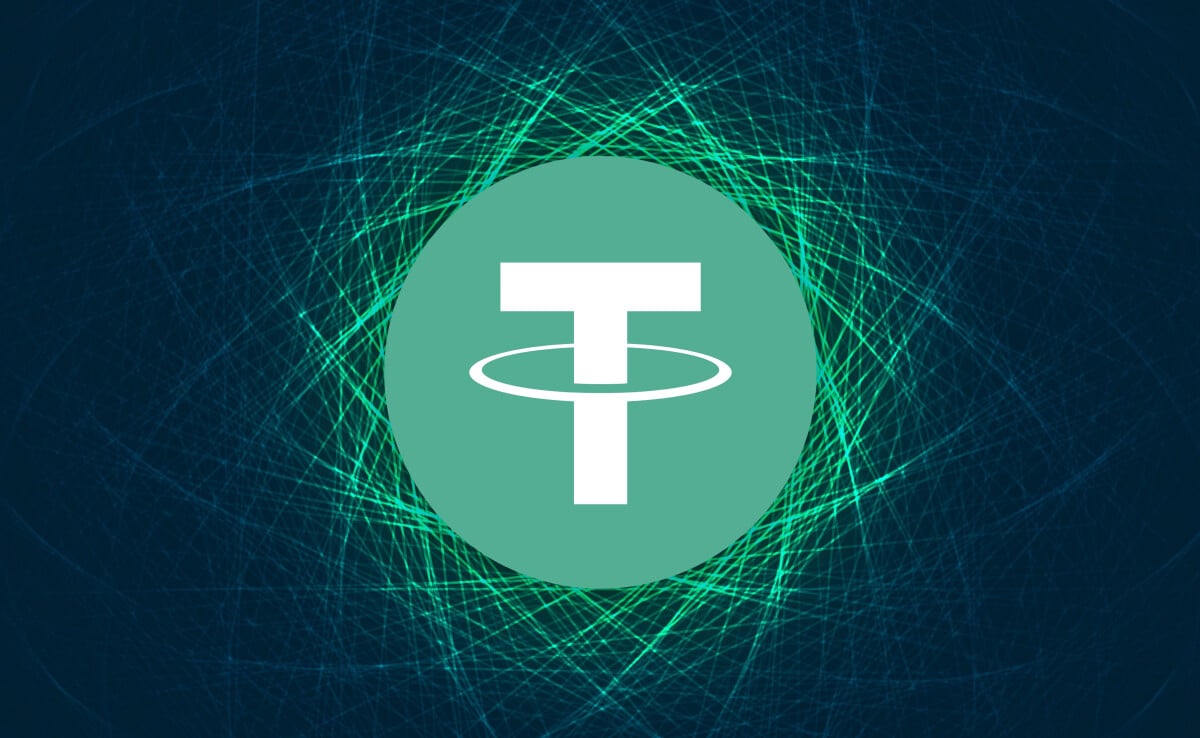U.S. Regulators Can Influence Tether’s Offshore Usage: JPMorgan

Tether’s (USDT) dominant position as the largest stablecoin faces regulatory challenges and risks from various authorities and jurisdictions as they seek to impose more transparency and compliance on stablecoins.
The stablecoin is vulnerable due to its dependence on the American market and pending regulations. Despite Tether’s headquarters not being based in the U.S., regulators can exert influence over its offshore usage through the Office of Foreign Assets Control (OFAC), JPMorgan (JPM) said in a research report Thursday.
JPMorgan Report Highlights U.S. Authorities’ Influence Over Tether and Stablecoin Regulation
In a recent research report issued on Thursday, JPMorgan (JPM) analysts shed light on the extent of control American authorities can exert over Tether, the issuer of the widely used stablecoin USDT. Despite Tether’s status as a non-U.S. entity, the Office of Foreign Assets Control (OFAC), a unit of the U.S. Treasury Department, holds sway over its operations, impacting its offshore usage and regulatory compliance.
Analysts led by Nikolaos Panigirtzoglou warned that forthcoming stablecoin regulations would likely exert “indirect pressure” on Tether, reducing its attractiveness relative to stablecoins that demonstrate greater transparency and compliance with new regulatory standards such as Know Your Customer (KYC) and Anti-Money Laundering (AML) regulations.
Tether has faced mounting pressure to enhance transparency regarding its reserve holdings and has made efforts towards publishing real-time data. However, JPMorgan expressed scepticism, stating that the latest disclosures by the stablecoin issuer were insufficient to alleviate concerns. This pressure would extend to decentralized finance (DeFi) platforms, where USDT serves as a primary source of collateral and liquidity.
The report highlighted that stablecoin regulations are expected to be coordinated globally via the Financial Stability Board (FSB) across the G20, further restricting the use of unregulated stablecoins like Tether.
JPMorgan analysts highlight Tether’s association with Tornado Cash, a privacy enhancement platform on the Ethereum network, as an example of OFAC’s influence. Tornado Cash was sanctioned by OFAC in 2022 for alleged involvement in money laundering activities, prompting Tether’s adherence to regulatory directives.
Tether initially resisted but ultimately froze its stablecoins held in crypto wallets sanctioned by OFAC in December, citing proactive security measures. The report stated that, while legal actions against offshore entities and decentralized firms are complex, indirect measures and international cooperation could potentially impede its usage.
Tether CEO Criticizes JPMorgan Comments
Tether CEO Paolo Ardoino responded to JPMorgan’s concerns, highlighting the company’s proactive measures in response to regulatory actions. He argued that such claims were hypocritical coming from the world’s largest bank, highlighting perceived double standards in the discourse surrounding market concentration.
He suggested that JPMorgan’s apprehensions might stem from jealousy over Tether’s growing dominance in the crypto market, contrasting it with the bank’s regulatory challenges. Ardoino said,
“JPMorgan’s current concerns seem more related to their jealousy towards the evolution of financial and payment services, which they have been ignoring for a decade, and now they’re upset because it got a lot of traction. If I were them, I would be more concerned about their $39 billion total fines.”
However, the upcoming stablecoin regulations in the U.S. and Europe are expected to impact Tether’s usage, according to JPMorgan analysts. The looming regulations are likely to diminish Tether’s attractiveness relative to stablecoins with greater transparency and compliance with regulatory standards, affecting its role in the decentralized finance (DeFi) space as well.
JPMorgan analysts expressed dissatisfaction with Tether’s current disclosure practices, stating that they fall short of addressing concerns. They particularly highlighted the lack of a detailed asset breakdown and independent audits in Tether’s reports.
Additionally, the analysts pointed out S&P Global’s weak rating for Tether’s ability to maintain its peg to the U.S. dollar, citing significant price risks associated with its underlying assets beyond U.S. Treasury bills. While Tether reported substantial profits last year due to high interest rates and asset price appreciation, concerns linger about the stability of its peg amidst volatile market conditions.




